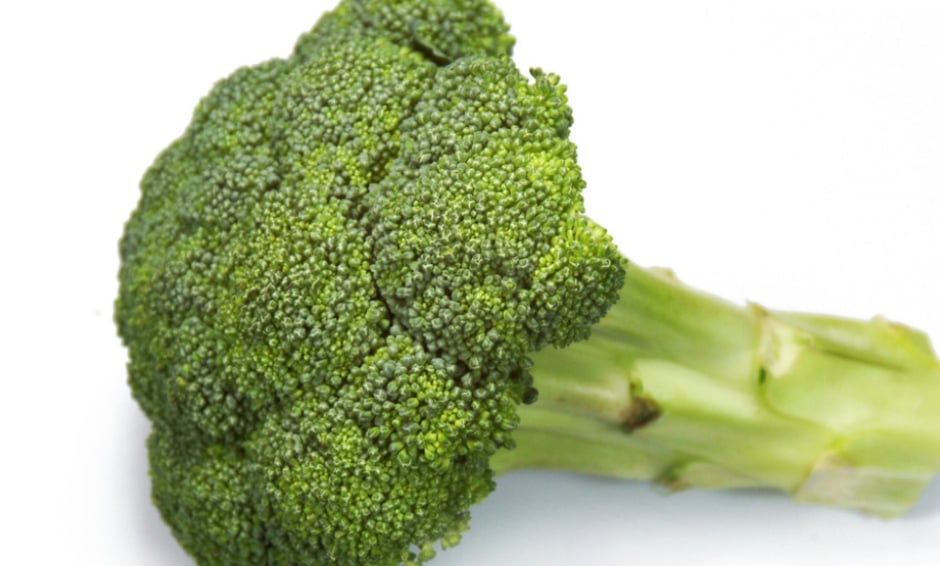SULFORAPHANE, a compound found in broccoli and other cruciferous vegetables, significantly improved fasting blood glucose levels in obese adults with Type 2 diabetes in a recent study. Sulforaphane was also found to reduce glucose production in cultured liver cells and appeared to reverse abnormal gene expression in the liver of rats. The study was undertaken by doctoral student Ms Annika Axelsson, Department of Clinical Sciences, Lund University Diabetes Centre, Malmö, Sweden and colleagues.
Type 2 diabetes is the most common form of diabetes, comprising 90–95% of all diabetes diagnoses. The condition occurs when the body is unable to effectively utilise the hormone insulin, causing blood glucose levels to become too high. If blood glucose levels are not regulated, severe complications can arise, including heart attack, stroke, and kidney failure. Medication is available to help individuals control their blood glucose levels; however, some patients are unable to continue using these treatments due to severe side effects, such as kidney damage.
The researchers utilised 50 genes linked to Type 2 diabetes in order to create a genetic signature for the condition. This signature was then applied to public gene expression data, enabling them to ascertain the effect of >3,800 compounds on gene expression in liver cells associated with Type 2 diabetes. It was found that sulforaphane demonstrated strong effects on gene expression in liver cells. Sulforaphane was also shown to reduce the production of glucose in cultured liver cells and led to improvements in liver gene expression in rats with Type 2 diabetes.
Further research was then conducted to test the effect of broccoli sprout extract on 97 obese adults diagnosed with Type 2 diabetes in a 12-week randomised placebo trial. Data revealed that the consumption of broccoli sprout extract significantly reduced fasting blood glucose levels when compared to placebo.
Despite further research being needed to fully assess the benefits of sulforaphane on Type 2 diabetes, this study certainly presents a promising research area in the management of this condition. Ms Axelsson and her colleagues concluded that analysis of public gene expression using genetic signatures could lead to the identification of compounds that may help to treat diabetes, as well as other diseases.
(Image: freeimages.com)








